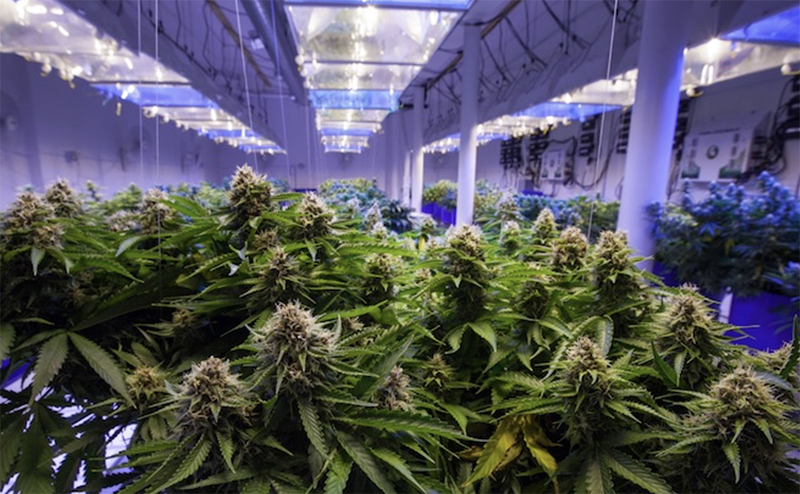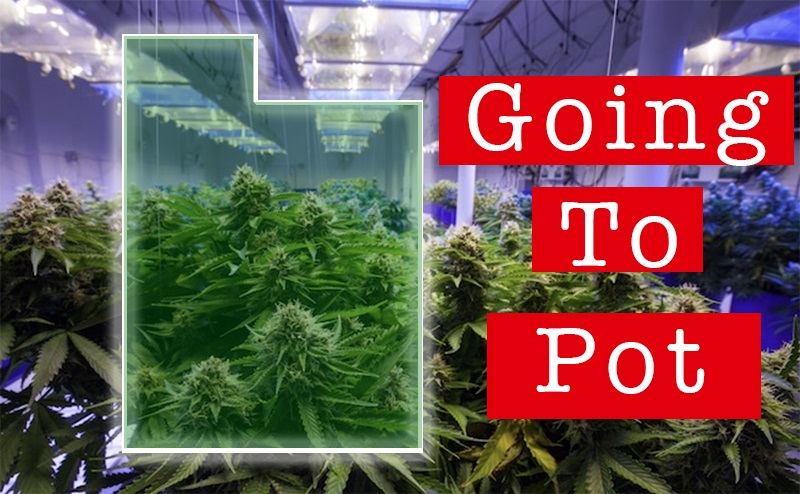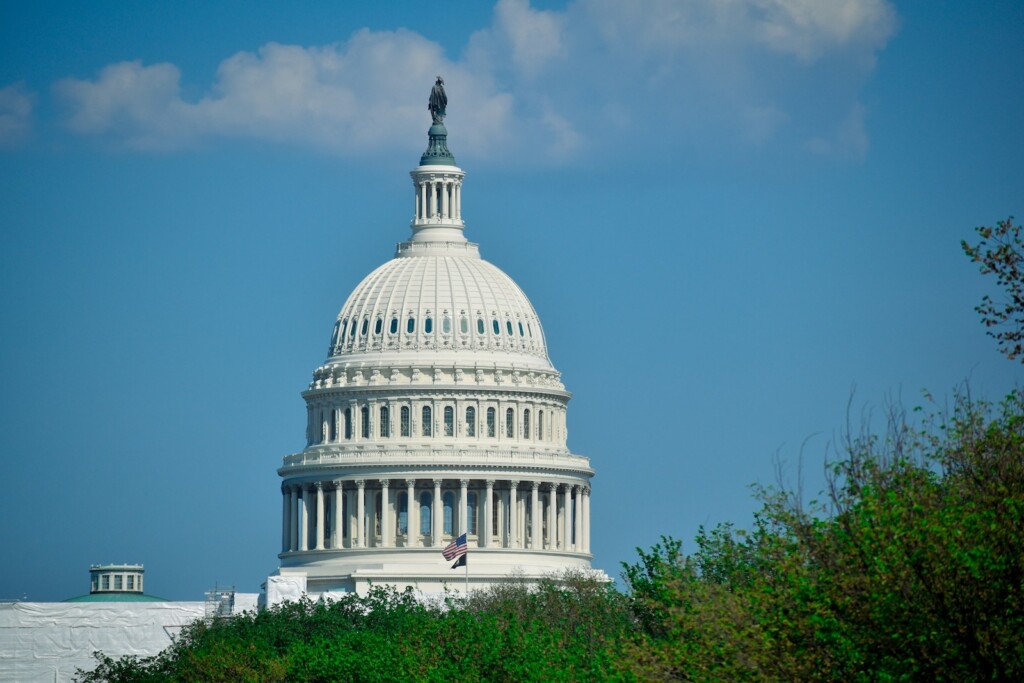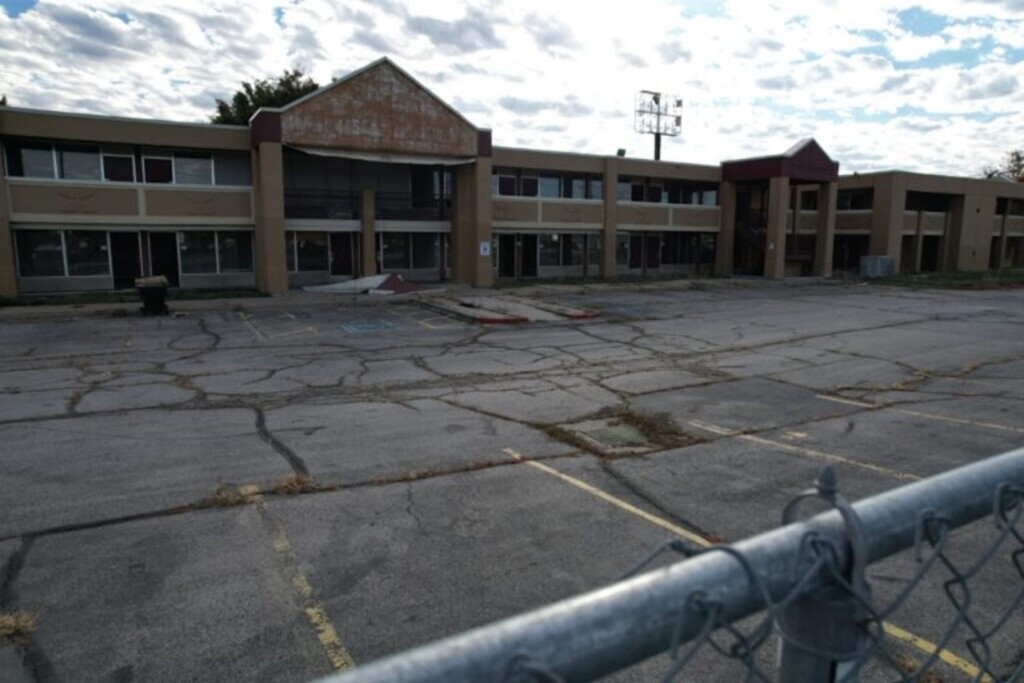If there were one poison pill in the “compromise bill” it is that the bill has already been written that will be passed instead of Proposition Two and includes the all new idea that there must be a state-operated “central fill”. One massive facility will essentially serve the needs of all the medical cannabis pharmacies and all of the walk-up clinics that will participate in providing medical cannabis to the patients who are eager to trade in their opioids and narcotics for a safer alternative.
Understanding Central Fill
A facility such as this will require millions upon millions of dollars to operate. Serving the needs of 30,000 patients on a monthly basis and the supplying of dozens of small clinics as well as some state-operated cannabis pharmacies will be at the expense of the “mark-up” they decide to put on the product. The initial costs will certainly come out of the pockets of taxpayers.
The problem with the central fill concept is that it will likely cause medical cannabis in Utah to be sold at a much higher price than neighboring states and much higher than the current black market.
The man responsible for the “central fill” idea is Utah State Senator Evan Vickers, who granted my request for an interview on this very important topic which will be very soon debated in the special session on Legalized Marijuana to happen soon after the November election.
Probably the last question I asked Senator Vickers was the most important. “Is this your own idea? Or did you get this idea from the [LDS] Church?” Senator Vickers was silent for a moment and then said, “The Church will need to answer that question for themselves.”
The need to put under the auspices of state control (or perhaps Church authority) what should otherwise be under private industry is what has properly garnered Utah the label of “theocracy.” The need to add an additional layer of bureaucracy and a state-owned agency to control the distribution of medical cannabis products feels a bit like what a highly successful mafia would seek to do in any successful illegal drug trade. Oh but wait. This isn’t a mafia, this is a church. And oh yea, they “really care about patients.”
I questioned Senator Vickers further if the intended “compromise” bill provides patients with other options and also whether the price of medicinal marijuana in Utah will be low enough to compete against both the black market and neighboring states. Senator Vickers gave me an excellent political answer – he said that they were doing what they could to make both affordability and distribution of medicinal cannabis to rural areas a top priority and they believe the central fill would “serve these needs.” But not as well as any free market solution would.
The Top Priority
I then asked if they would reconsider the idea about the central fill if it added too much to the price of medicinal cannabis and caused patients to buy from the other markets. He said, “No.” He also said that the central fill concept is, “non negotiable when the special session occurs.”
So it is still my contention that if the best interests of patients were indeed the top priority of both the Utah State Senate and the LDS Church they would scrap the central fill idea.
It is estimated by examining the populations of other states that there will be 30,000 patients needing medical cannabis in Utah. One single fill location serving just five private medical cannabis pharmacies and several state-operated facilities is certainly an idea that is “born in fear and designed to fail,” as Christine Stenquist the head of TRUCE, Trust Patient Advocacy Group for Medical Cannabis.
The compromise bill will allow for just 10 cultivator licenses issued by the state. Each grower will need to produce enough cannabis to serve approximately the needs of 3,000 patients on a monthly basis. If each patient requires about one ounce of cannabis per month, then each facility will need to have an output of at least 200 pounds of finished cannabis per month. Is this realistic?
As Forbes Magazine points out, cannabis cultivation will be a race to the bottom. The cannabis operations that are able to grow at the lowest possible price will win. Cannabis is certain to become a commodity, especially if the market share of extracts continues its upward trajectory.
Already in California and Oregon there are facilities as large as 250,000 square feet capable of yielding more than 50,000 pounds of flower annually. Here is an article about an 800,000 square foot facility in Canada.
Fertile Grounds for Corruption and Abuse
But by limiting the number of cultivar licenses to a number that the state knows will well underserve the market they are able to control the market by choosing winners and losers. This will ensure that anyone who wins a cultivation license will win big. This creates an environment which will likely be fraught with corruption and abuse.
Forbes continues:
For example, Pennsylvania, with nearly 13 million people, only granted 13 licenses; Florida, with a population over 20 million, granted seven; while Ohio, with more than 11 million people, granted 12; and New York, with a population of nearly 20 million people, granted only five before recently expanding to 10. For context, Colorado has roughly 1,400 licensed cultivators for a population of just 5.5 million people. Competition for these limited permits is fierce, and those companies fortunate enough to win one see sky-high values attached to these licenses even before they become operational. In Florida,
a coveted cultivation/dispensary license sold for $40 million before the company had seen a dime in revenue. Similarly, a pre-revenue New York license sold for $26 million.
The decision by the LDS Church and the Utah State Legislature to create a new central fill will create similar abuses as found within the DABC. Allowing a state-run facility to determine which products get the best distribution allows the state to essentially control the market and also choose winners and losers. If the free-market were at work individual pharmacy owners would be able to determine which products sell the best and allow this to determine where products are placed in the stores, and the quantities. With the state controlling a large part of both distribution and retail sales, they will ensure that their good friends stay on top of this market, and their worst enemies stay out. This reeks of the worst kind of crony capitalism.
Cannabis Cultivation
Other states limit the number of plants each cultivator is allowed to grow. I haven’t yet seen such restrictions in Utah, that doesn’t mean that they aren’t there. But typically states start off with a restriction of 400 plants per facility.
But the better question is would growing medical marijuana be a viable endeavor for an existing Utah farmer? If so how much dedicated space would they need for an indoor facility to be able to service the needs of say 1,500 patients per month. (We get this figure by simply dividing 30,000 patients evenly among the 20 cultivator licenses.
I found an excellent article on this on MJBusiness Daily where one of the top California cultivators said:
The way to think about it is how much yield you want to produce per year. If you want to produce one ton per year, that’s approximately five crops per year. Each crop is about 400 pounds, which requires about a 10,000 square foot greenhouse. Keeping the total cultivator licences to twenty will enable the Church to essentially choose the winners and losers, and make sure that only those who have the most money win, and those who don’t have enough lose.

We believe that the Proposition Two compromise bill is a contradiction to not only Conservative principles, but fair and free-market principles. Further these measures don’t help patients but they only serve to help the wealthy elite in Utah. If the Church and Republicans wanted to help patients they would have tight regulations on everything besides free-market solutions. Hyper-control of the market provides fodder for Bernie Sanders supporters that we no longer live in a meritocracy, but now we live in a plutocracy– government for the rich and by the rich. With this I encourage true Conservatives or Libertarians in the State Legislature to stand up for free-market values.
I always appreciate feedback from readers on issues such as this. If you have any comments please leave them below, or email me Richard (at) Utahstories.com (substitute the at for @).
Forbes Magazine points out, cannabis cultivation will be a race to the bottom.
MJBusiness Daily where one of the top California cultivator






